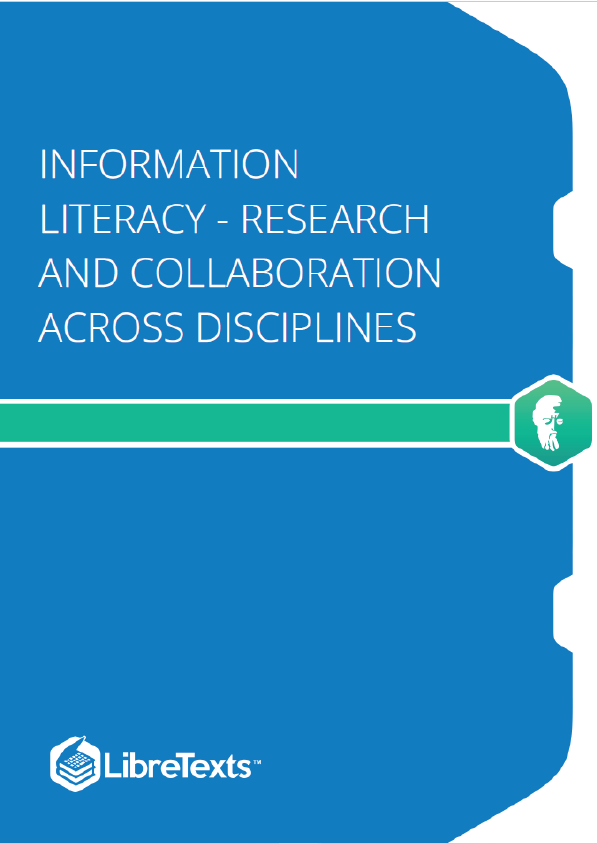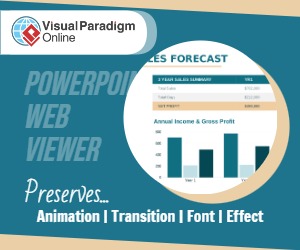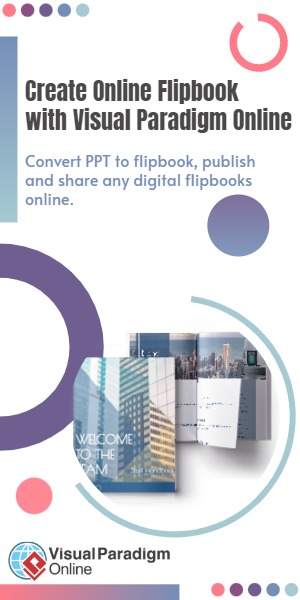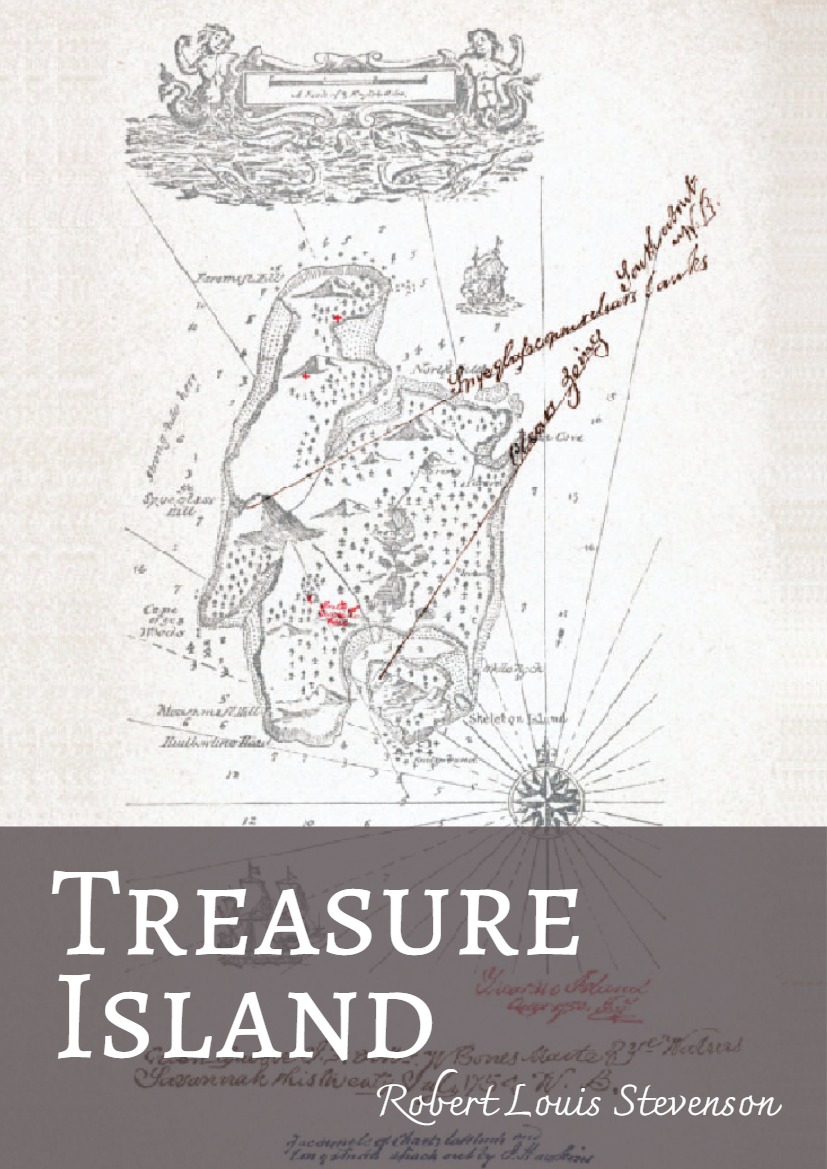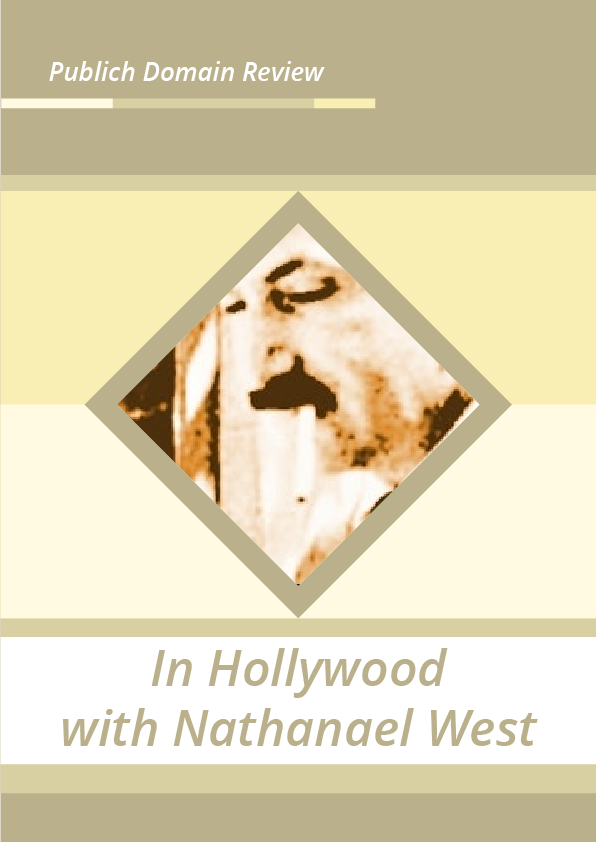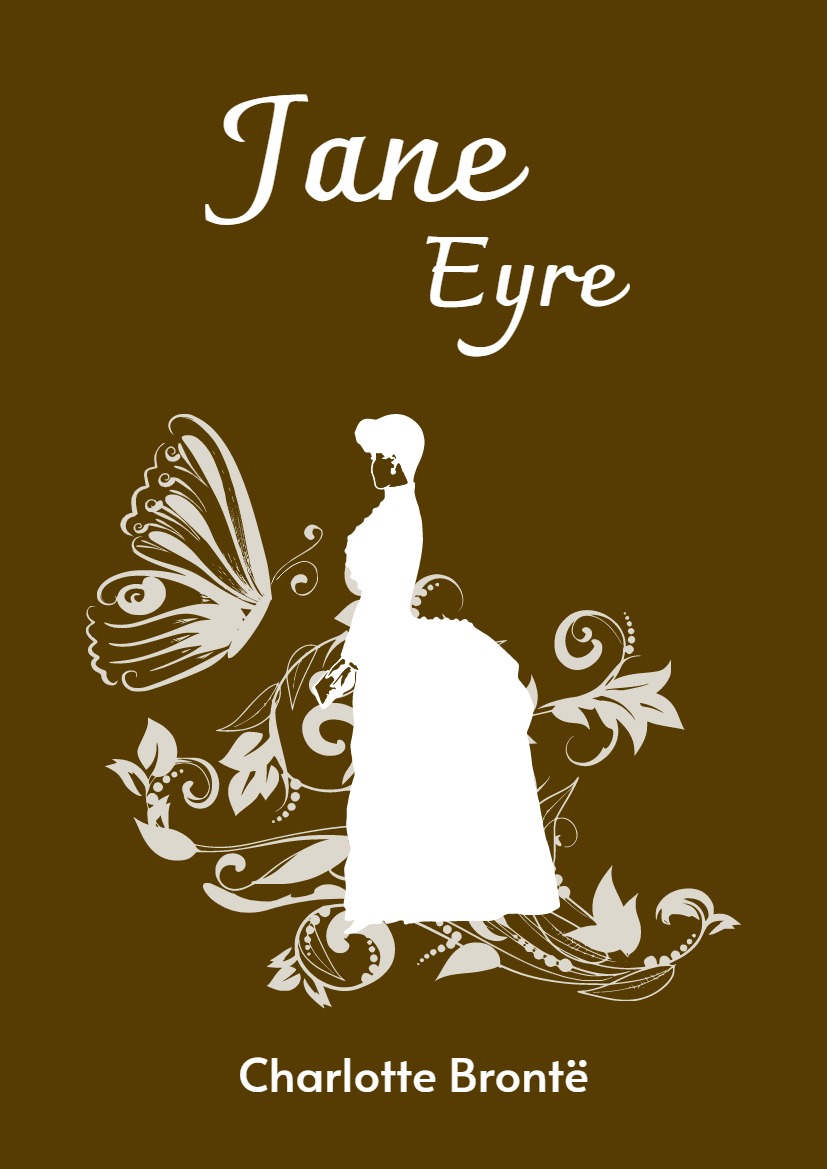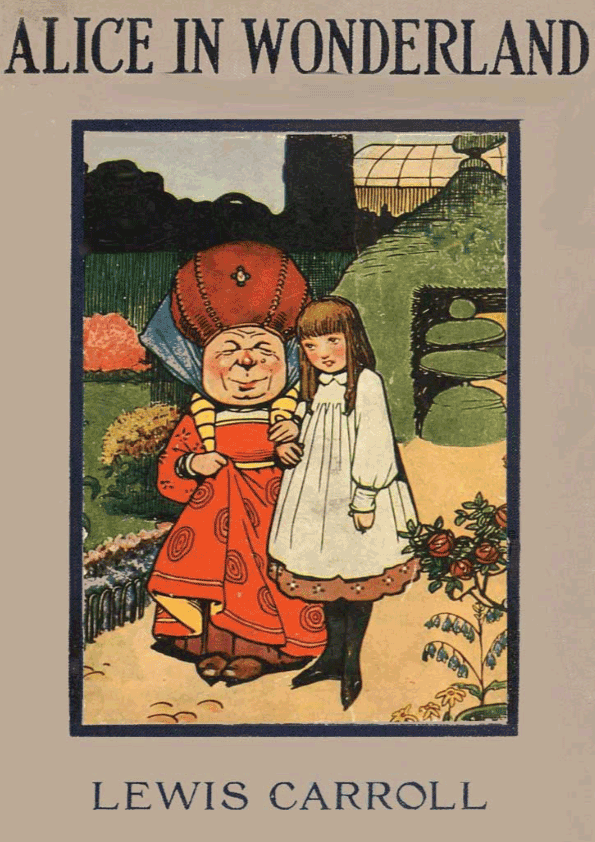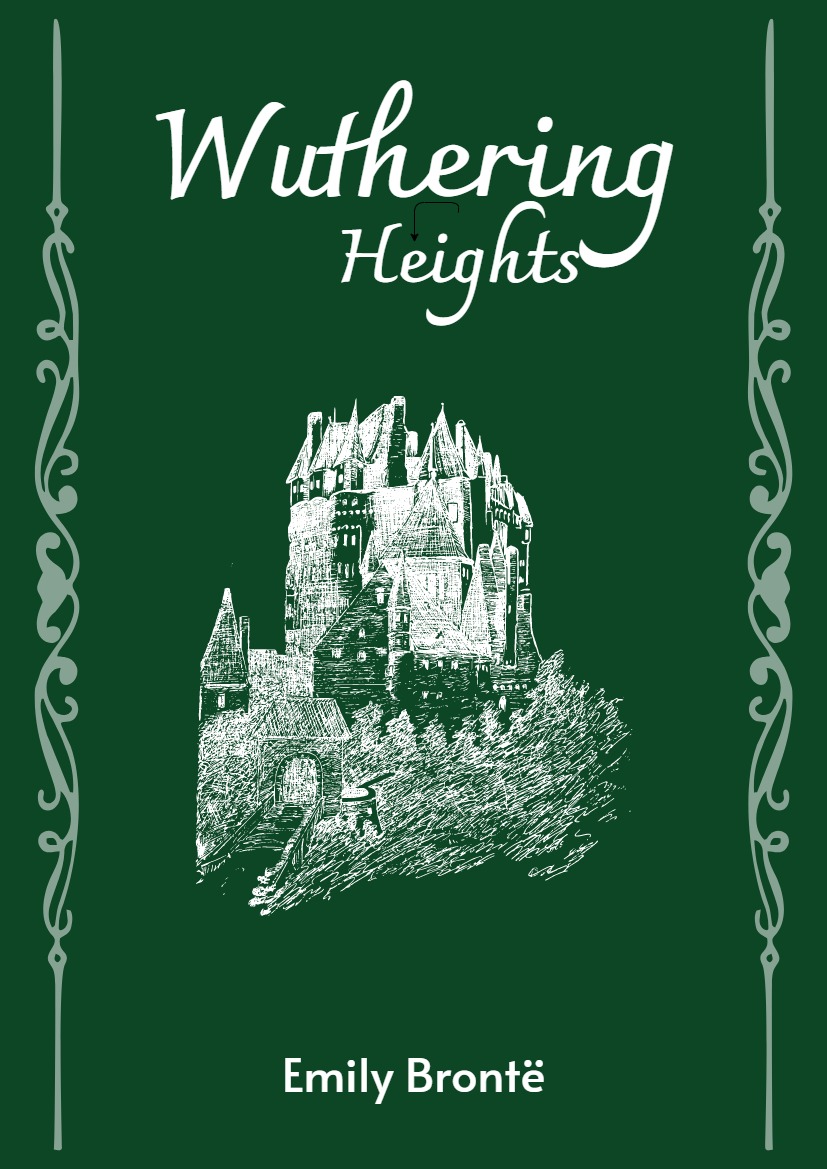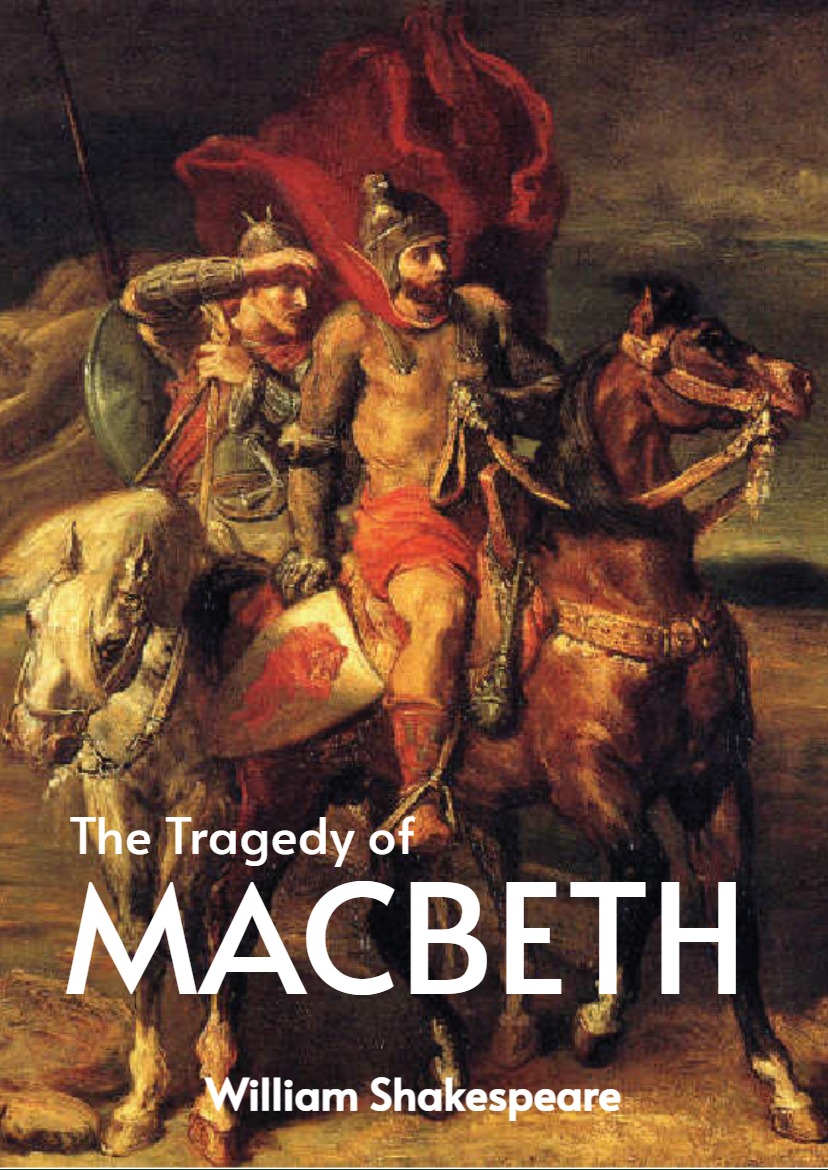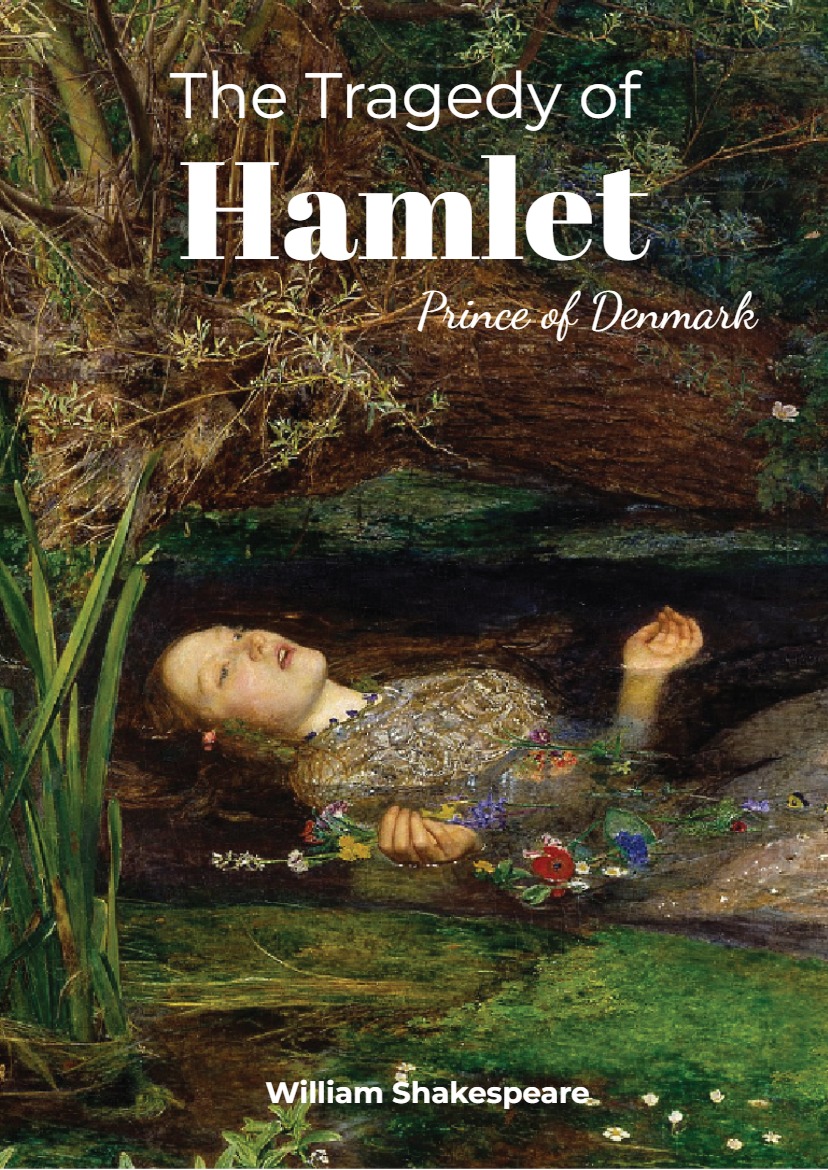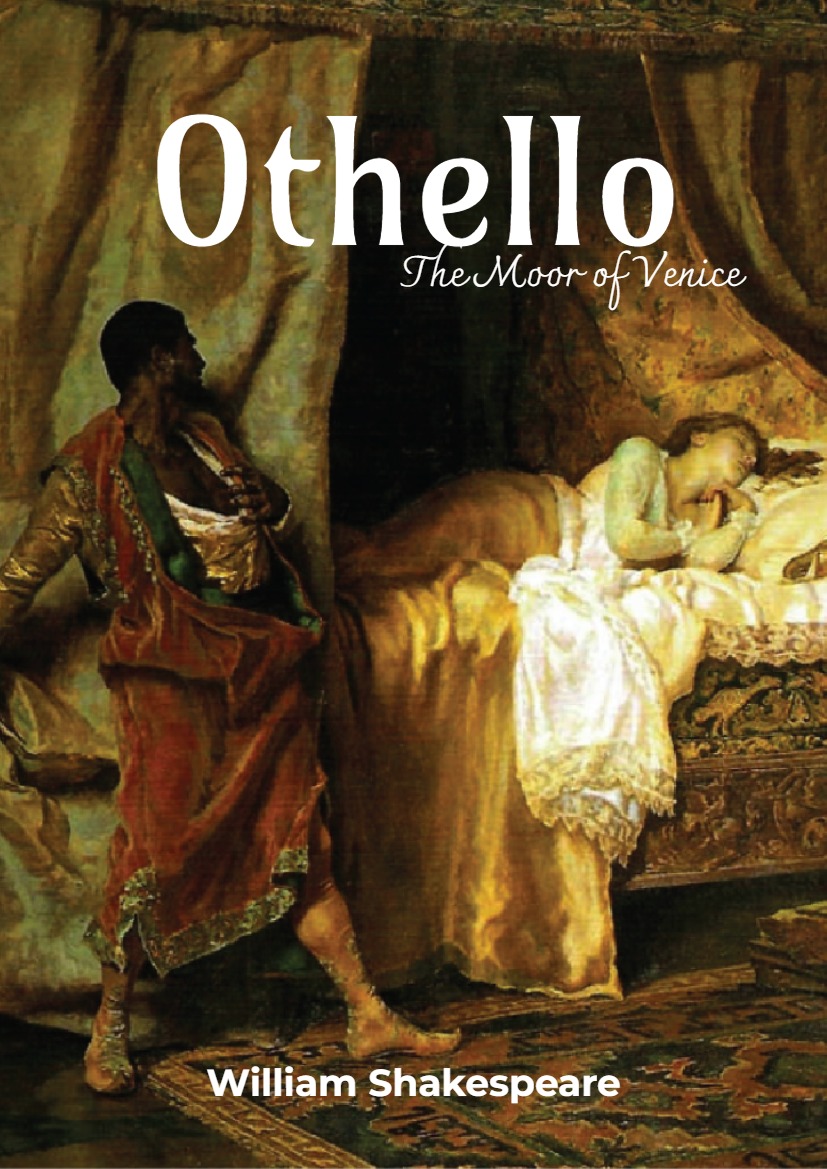This collection brings together scholarship and pedagogy from multiple perspectives and disciplines, offering nuanced and complex perspectives on Information Literacy in the second decade of the 21st century. Taking as a starting point the concerns that prompted the Association of Research Libraries (ACRL) to review the Information Literacy Standards for Higher Education and develop the Framework for Information Literacy for Higher Education (2015), the chapters in this collection consider six frameworks that place students in the role of both consumer and producer of information within today’s collaborative information environments. Contributors respond directly or indirectly to the work of the ACRL, providing a bridge between past/current knowledge and the future and advancing the notion that faculty, librarians, administrators, and external stakeholders share responsibility and accountability for the teaching, learning, and research of Information Literacy.
Roughly a decade ago, two paired articles published in Reference and User Services Quarterly under the title “Writing Information Literacy” voiced what became a rather widespread call for more broadly shared ownership of and responsibility for information literacy (IL) on our college campuses (Norgaard, 2003; Norgaard, 2004). In these articles, Rolf Norgaard claimed that enhanced collaboration between librarians and writing faculty would yield improved educational opportunities for students. By pairing Rhetoric and Writing Studies with IL, Norgaard argued that a more robust understanding of IL as a situated, process-oriented, and relevant literacy would ensue. More specifically, he encouraged a collaboration that extended beyond librarian service to the discipline and course structures. He envisioned a collaboration that was steeped in dialogue on both theory and practice, going far beyond our more traditional roles as “classroom colleagues” or “curricular compatriots” (Norgaard, 2003, p. 124). The call voiced in those paired articles, although appreciatively recognized, has not been fully realized. Therefore, in the spirit of collaboration, this chapter engages Rhetoric and Writing Studies scholar Norgaard (RN) and librarian Caroline Sinkinson (CS) in a dialogue that explores reactions and outcomes in the intervening decade. In doing so, the authors hope to identify barriers which hindered progress and to identify suggestions for the decade which lies ahead.
Origins
CS: Your articles resonate with many librarians who are eager to break down the perception of IL as a generic, skills-based, and normative behavior. Instead, many view IL as a critical habit of mind, which functions within situated and contextual information landscapes (Lloyd, 2006, p. 572). I return often to your articles, and each time I reread your words, I am curious about what factors invited you, a Rhetoric and Writing Studies scholar, to so deeply engage with IL.
RN: The paired articles were the direct result of a very powerful moment of radical institutional change. Rather high-level, campus wide discussions led to the formation of a new Program for Writing and Rhetoric. With the new program we engaged in a fundamental reconceptualization of our suite of first-year writing courses, which provided the initial platform for working with IL. These efforts have since expanded to our upper-division curriculum. The prior writing program had no investment in IL. Indeed, I doubt if its leaders and much of its faculty would even have recognized the term.
